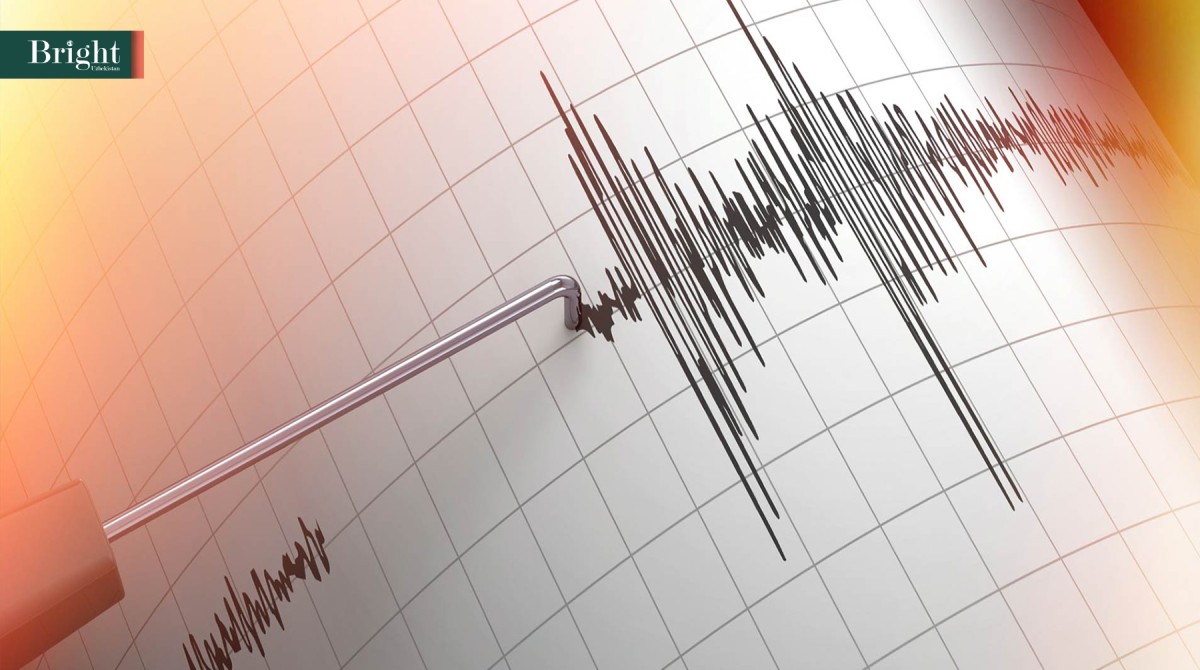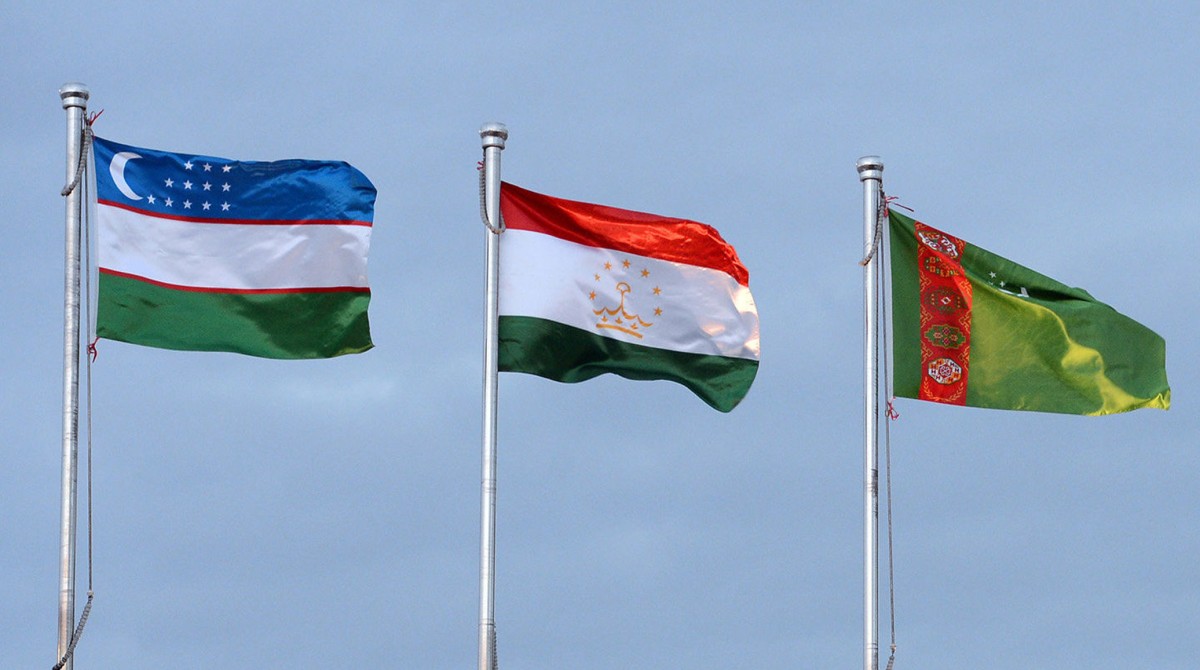Angela Merkel left the post of German Chancellor, leaving a noticeable mark on world politics

For 16 years as head of state, Merkel has shown herself as a good crisis manager, solving not only internal, but also general European problems, raising the authority and influence of Germany to the highest level.
During her tenure in power, she had to cope with major international crises - from the global recession of 2008 to the COVID-19 pandemic.
For the first time, Merkel was seriously discussed as a politician in 1991, when Helmut Kohl appointed her minister for women and youth affairs in his government. In 2000, she became the leader of the CDU, and five years later she became the first female chancellor in the country.
During her four terms in office, Merkel managed to work with two presidents of Russia, four presidents of the United States, five prime ministers of Great Britain and eight prime ministers of Italy.
She topped Forbes' Most Powerful Women in the World for 10 consecutive years and is a role model for women around the world as politics continues to be dominated by men.
But it was not only her ability to work calmly under the pressure of circumstances and her ability to defuse the most stressful situations, both at home and abroad, that made her a popular international figure.
The gesture "Rhombus Merkel" or "Merkel-Raute" has become so famous that it has a separate entry on Wikipedia, its own emoji, and, moreover, it is immortalized in Madame Tussaud's.
Angela Merkel not only leaves the post of chancellor, but also refuses a seat in the Bundestag. Despite the end of Merkel's 31-year political career, many believe the world will still hear about her.






